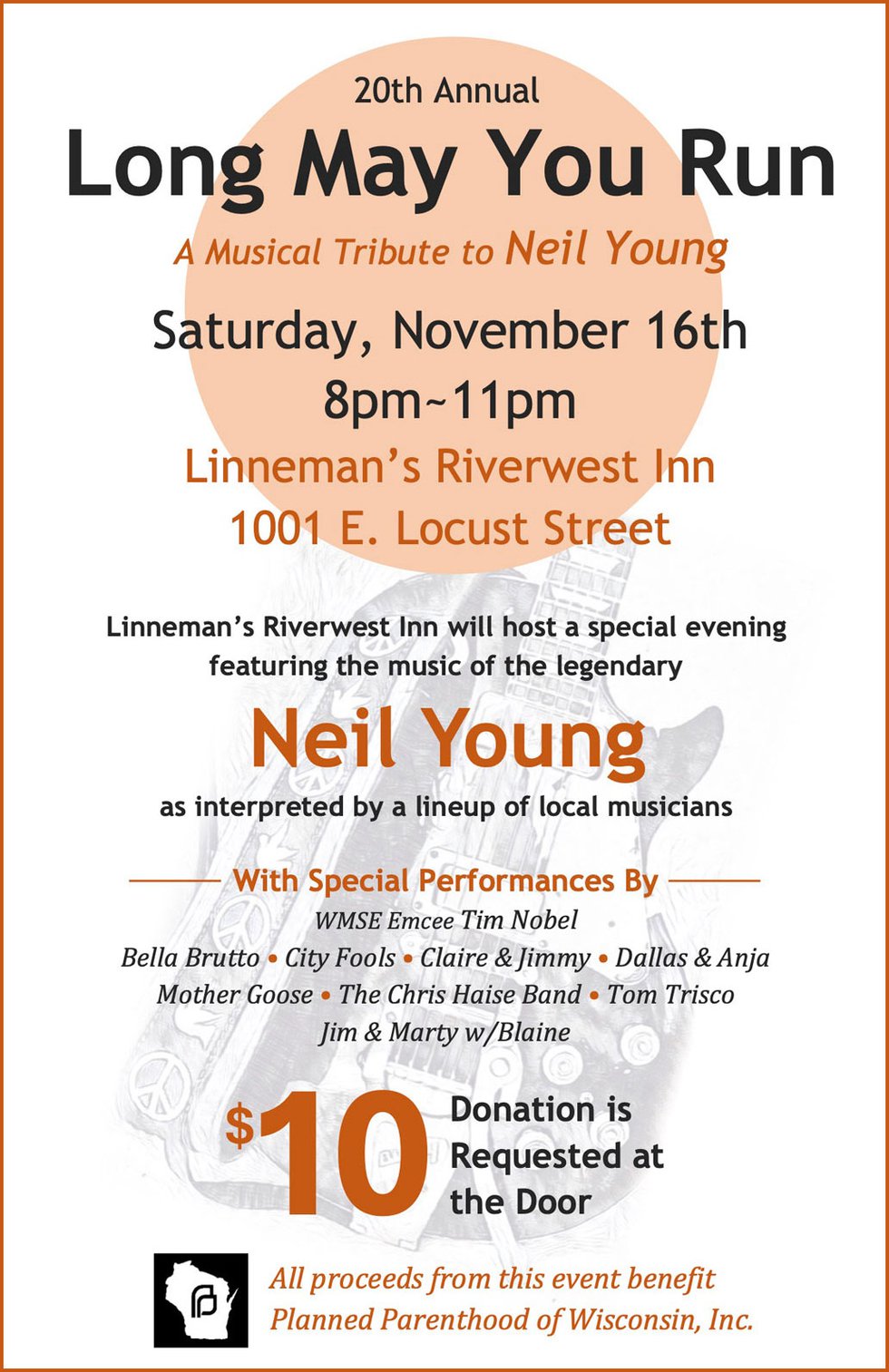
Black Belt Theatre
For every musician who is a lifer, there are scores who hung it up. The members of Milwaukee’s Black Belt Theatre are a quartet of such lifers.
Alligator Gun, Bender and The Buzzhorn are names that might ring a bell with listeners of local music in the ’90s. Recombining as Black Belt Theatre, Steve Adams, Tim Cook, John Kucera and Bert Zweber all had done time with major labels (Atlantic, TVT and Relativity) before taking over a decade off.
Their recent album, Power Petting, follows the aptly titled Hibernation Termination (2014) and Superbitch (2017). The roar of a Marshall amplifier fires the initial shot across the bow. “Call the Police” blends melody and power, hooks and crunch. From the get-go, Black Belt Theatre say, “Take it or leave it.”
According to bassist-vocalist Cook, the band got together a little over five years ago. On paper, their sound might come across as anachronistic, but hearing the big hooks driven by a powerful sound never gets old.
“We typically cite Cheap Trick, UFO and Thin Lizzy as our primary influences,” Cook says. But he is also brave enough to run down a list of names that includes less-than-hip players “There’s a nod to The Killers, “ he admits. “April Wine, early Sammy Hagar, early Pat Benatar, Hanoi Rocks, Billy Squier—these all factor in. The newer ones would be Foo Fighters, Queens of the Stone Age, Danko Jones, The Eagles of Death Metal.”
“The Coronation” recalls the glory days of FM rock with a rich chorus of backing vocals punctuated by blasts of guitar. “Bullets” takes aim with another chorus that makes the listener wonder “Where have I heard that before?”
According to Cook, that was the idea. “The ‘Bullets’ chorus uses a major chord progression that resolves to a minor chord. There’s nothing at all unique about that, but it opens up the melodic possibilities. It’s been done a million times,” he says. “The trick is editing yourself from making it too over the top. Besides the major-minor thing, we dove harder into some classic musical themes this time and put our own spin on them. I think that gives some of the songs a level of familiarity.”
Clocking in at just under 40 minutes, Power Petting recalls a vinyl album. Coincidence? “We certainly sequence our records with Side A and Side B in mind. So, that was the approach. When CDs first took over, everyone was filling them up with 14 songs, 15 songs, or whatever,” Cook continues. “It was too much, in most cases. Attention spans are shorter now, anyway.”
At the time, a typical band scenario went something like this: write songs, play them live, put gig money in a band fund for studio time and release a record. Everything changes. Cook takes us through the steps it took to get the new album out to the public.
A lot of times it’s a little riff that someone comes up with, either alone or in rehearsal together. If one of those seems cool, they develop it. On the new record, Cook brought in most of the core ideas from home and the band worked through them together. Cook explains, “I’d have maybe one pass through a verse, pre-chorus and chorus. Maybe an opening riff idea, or we’d pull parts from something else. And together, we’d work out the feel and tempo and decide where it would go as far as B-sections, twists and turns, the ending and so on.”
The album includes curveballs like “Corner Drinker,” which adds horns, and “A Beat Up Dream,” which is one notch away from power pop.
“Once we work something to the point of a reasonable song structure, we record a live jam onto one of our cell phones. Then we take that to Steve’s basement studio, where we do all our recording, and we make a rough demo with vocals and the whole deal,” he says. “That’s when we know whether or not we have something. And it’ll go through changes over time. Eventually, we’ll use that demo as the guide track for the actual recording.”
|
|
Bands can be notorious pressure cookers for egos. Who calls the shots? Who is really in charge? What is the songwriting process? Cook suggests all these years down the line, the members of Black Belt Theatre have come to a common-sense approach.
“Well, it’s not democratic in the sense of us running it by majority vote,” he says. “If we don’t all like it, then we won’t do it. But we’re all involved in the process,” he says. “It seems like, over time, we’ve all settled comfortably into individual roles. There’s cross-over here and there, but we’ve each found our strengths. We just move naturally toward them, now.”
Black Belt Theatre play Saturday, Dec. 28, at Paulie’s Pub & Eatery, 8031 W. Greenfield Ave.
